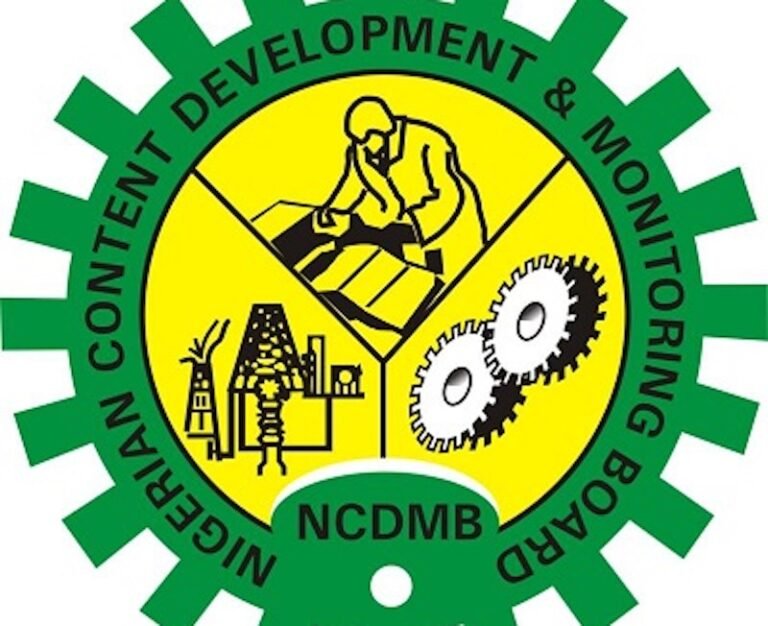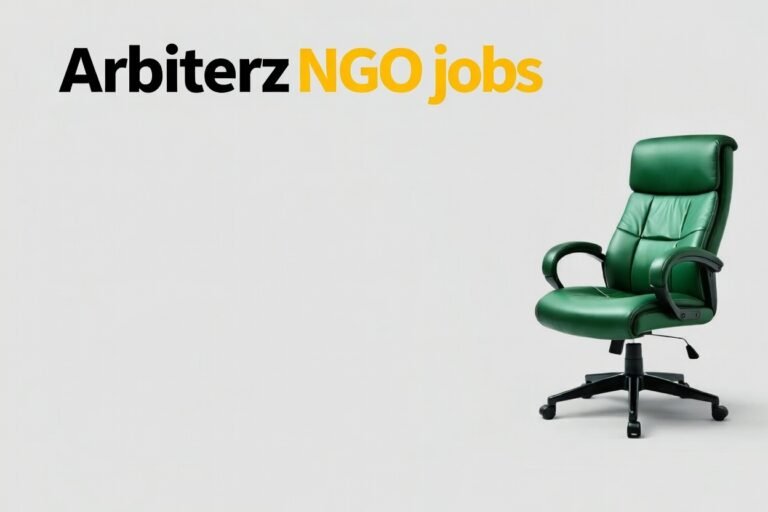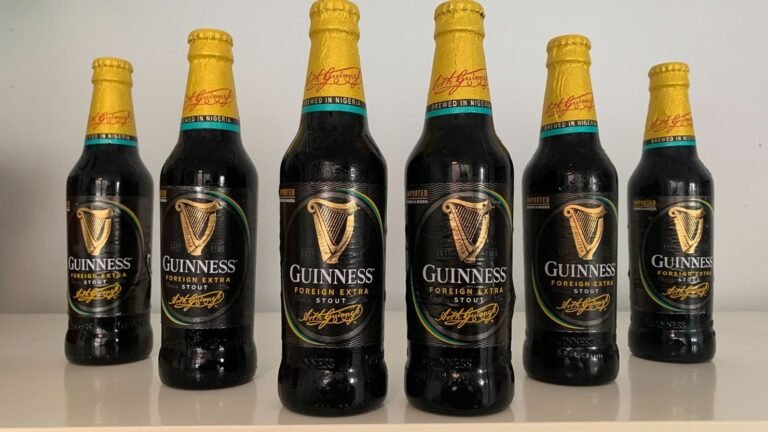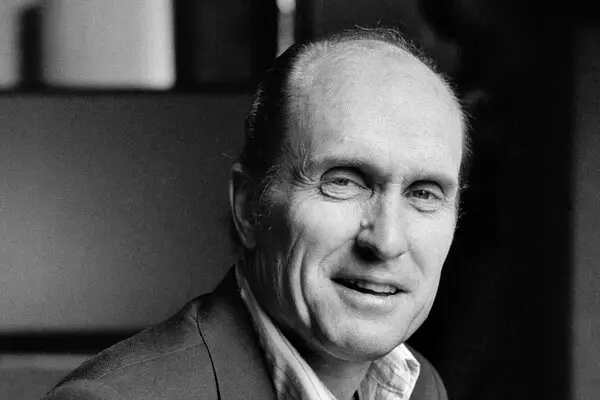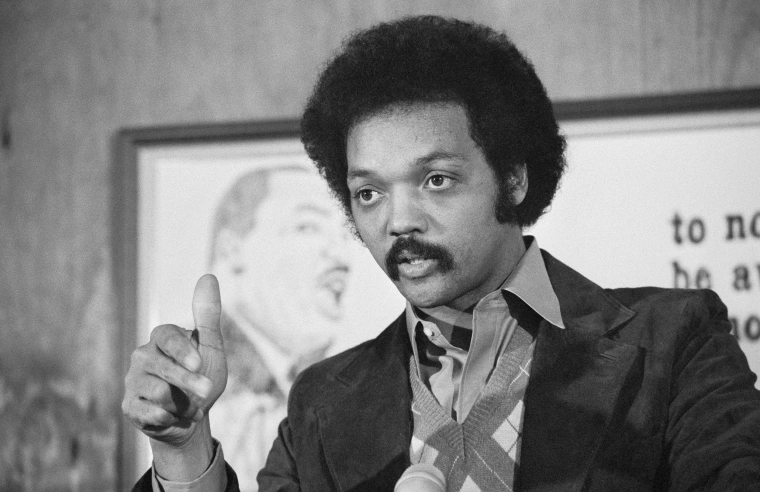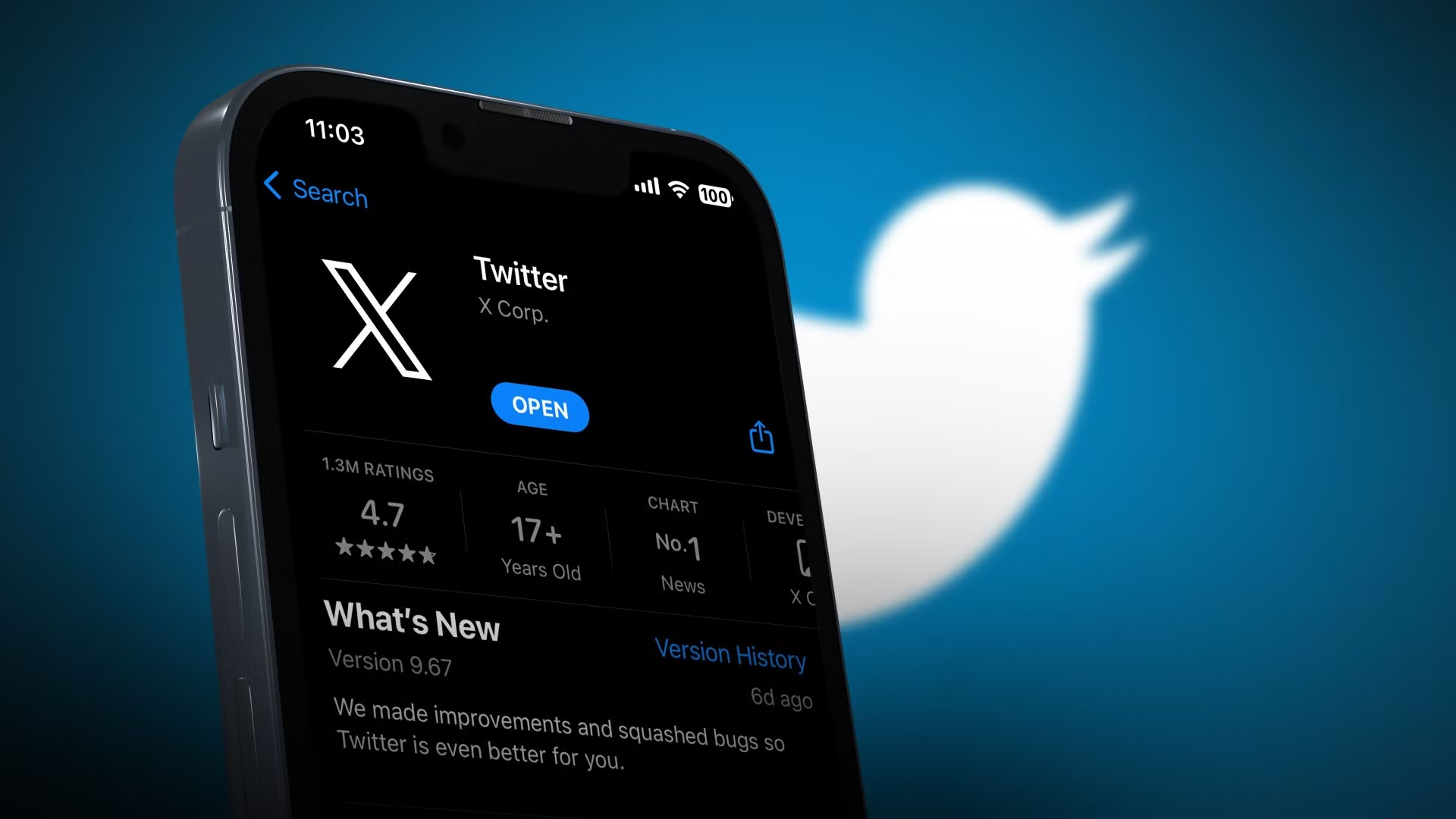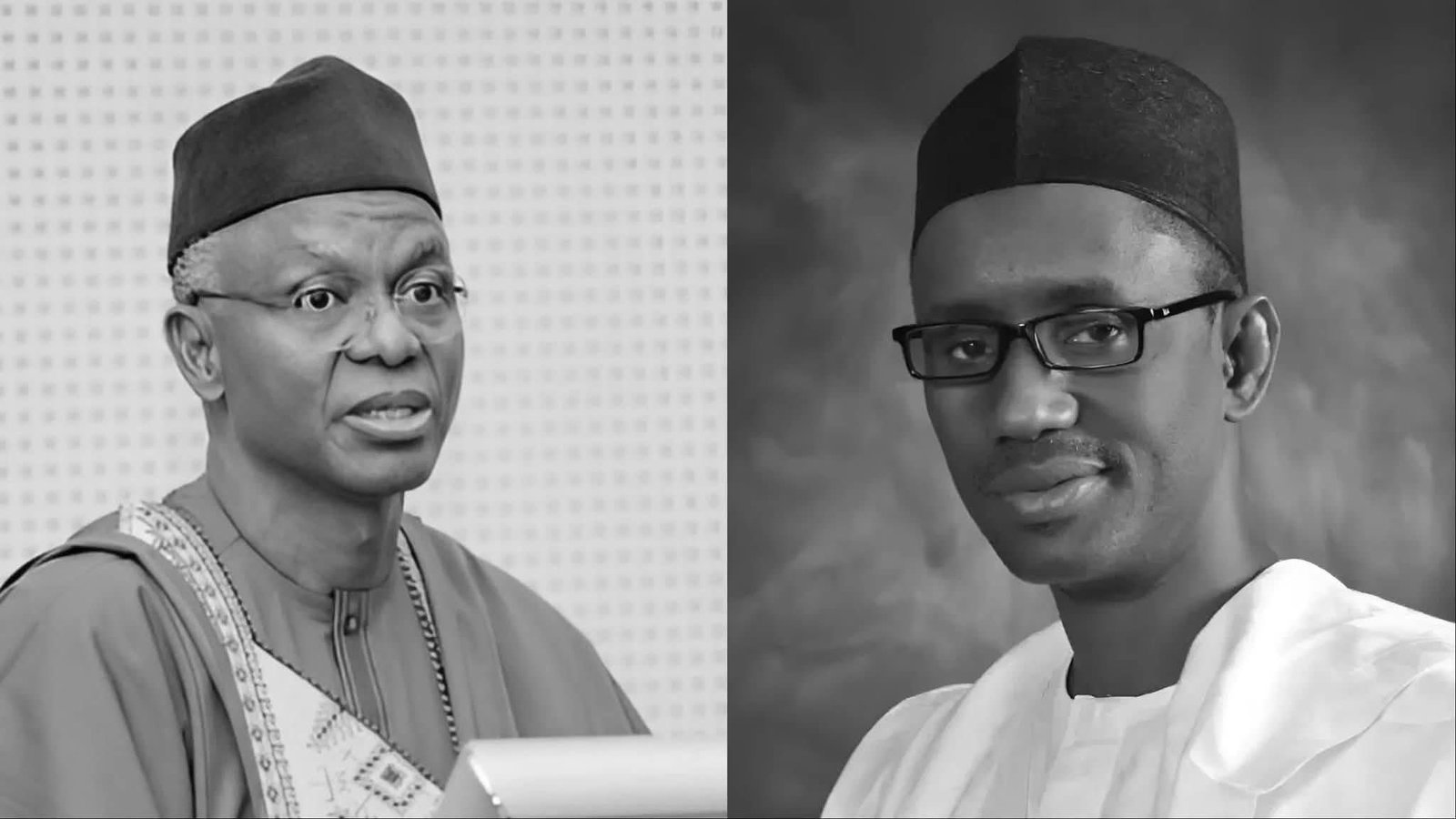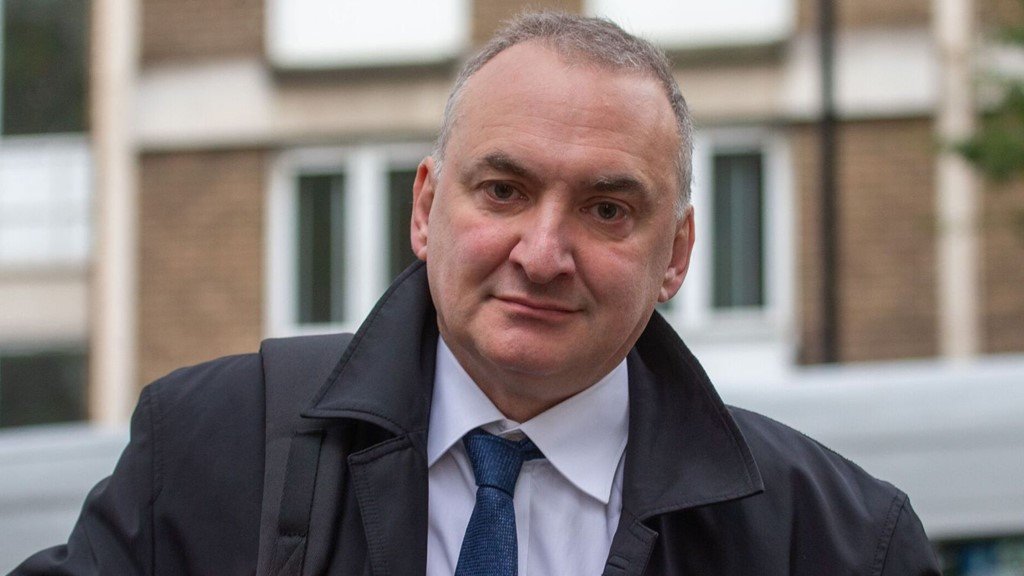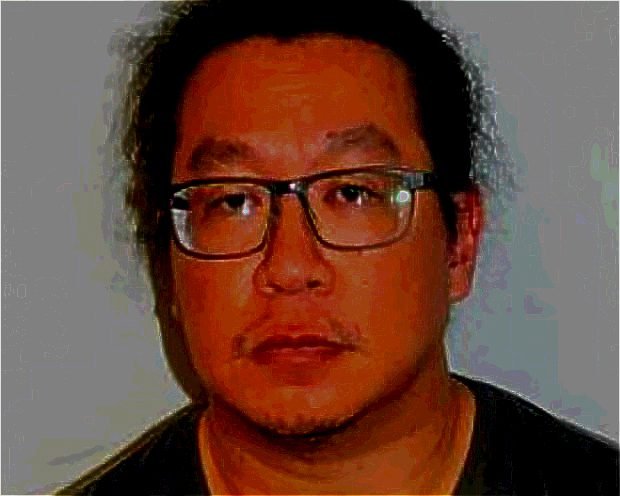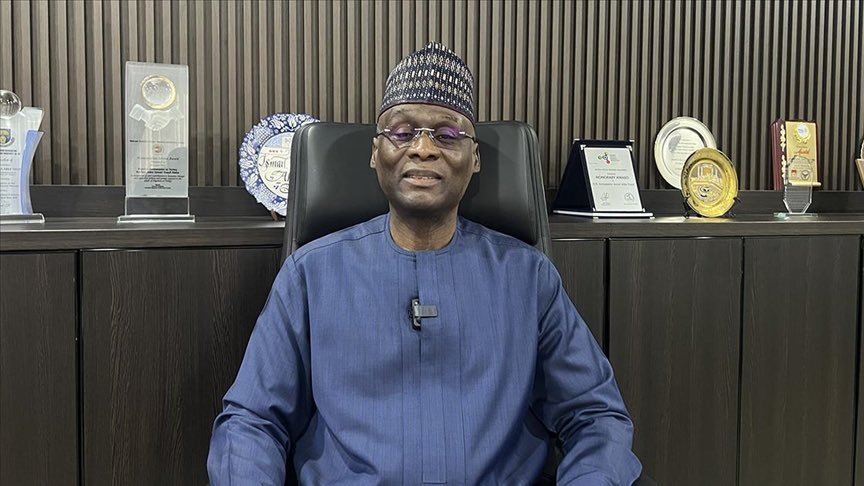Donald Trump has drawn a firm line in upcoming peace negotiations, declaring there will be “no going into NATO by Ukraine” as part of any settlement with Russia. The statement came just hours before Ukrainian President Volodymyr Zelensky’s arrival at the White House for pivotal discussions on ending Europe’s bloodiest conflict in 80 years.
The former president also insisted there would be “no getting back” Crimea, which Russia annexed illegally in 2014. Trump argued Zelensky could “end the war almost immediately, if he wants to,” casting the decision as a matter of choice rather than military reality.
Fallout from Trump-Putin Summit
Trump’s remarks followed his recent summit with Russian President Vladimir Putin in Alaska. The meeting ended with Trump dropping demands for an immediate ceasefire and instead pushing for a permanent peace arrangement.
According to U.S. envoy Steve Witkoff, Putin signaled openness to a “NATO-like” security pact for Ukraine, offering Washington and Europe a potential path forward short of full NATO membership. Witkoff described the concessions as “game-changing,” suggesting Article 5-style protections could be extended without Ukraine formally joining the alliance.
Zelensky Pushes for Real Guarantees
Zelensky, who landed in the U.S. late Sunday, reiterated his demand for “effective security guarantees” after years of failed assurances. He reminded allies of the 1994 Budapest Memorandum, under which Ukraine gave up nuclear weapons in exchange for protection that never materialized.
“Of course, Crimea should not have been given up then,” Zelensky said, stressing Ukraine’s refusal to cede any territory. He noted that just as Kyiv, Odesa, and Kharkiv withstood Russia’s 2022 assault, Ukraine’s sovereignty cannot be bargained away.
Russia Escalates Strikes Before Talks
Moscow intensified attacks on Ukrainian cities in the hours leading up to the Washington summit. A drone strike in Kharkiv killed seven civilians, while three more died in Zaporizhzhia.
Zelensky condemned the bombings as “demonstrative and cynical,” accusing Putin of orchestrating killings to humiliate diplomacy and pressure Kyiv into concessions.
European Leaders Unite in Washington
In a rare show of urgency, multiple European heads of state traveled to Washington on short notice for the talks. Attendees include French President Emmanuel Macron, German Chancellor Friedrich Merz, UK Prime Minister Sir Keir Starmer, and EU Commission President Ursula von der Leyen.
Such an unprecedented gathering underscores concerns that Trump could press Zelensky into a rushed deal. European leaders, however, vowed to “present a united front,” with Macron warning against any outcome that would leave Ukraine vulnerable.
Shifting Dynamics in U.S.-Ukraine Relations
Relations between Trump and Zelensky have been rocky, highlighted by a February Oval Office clash where Trump accused the Ukrainian leader of “gambling with World War Three.” Since then, European allies have worked quietly to reset ties, coaching Zelensky to frame requests in deal-making terms that resonate with Trump.
Recent gestures, such as Ukraine’s April minerals agreement giving the U.S. a financial stake in its economy, have smoothed the way for Monday’s talks. Trump has also grown more critical of Putin, calling him “absolutely cr*zy” and threatening new sanctions.
The Road Ahead
Despite cautious optimism, U.S. officials warn against expecting an imminent peace deal. Russia still occupies nearly 20% of Ukraine’s territory, and Putin continues to demand control of Donetsk and Luhansk.
Secretary of State Marco Rubio dismissed fears that Trump might strong-arm Zelensky into concessions, calling such claims a “stup*d media narrative.” Still, the stakes are sky-high: Monday’s talks could determine whether Ukraine secures lasting protection or is forced into a precarious compromise.














